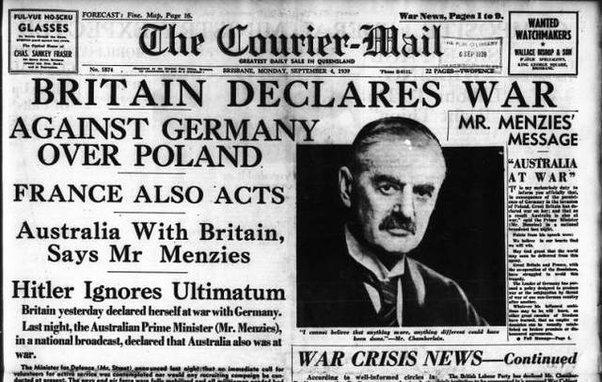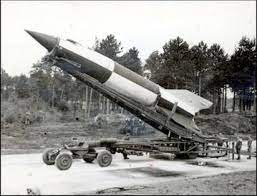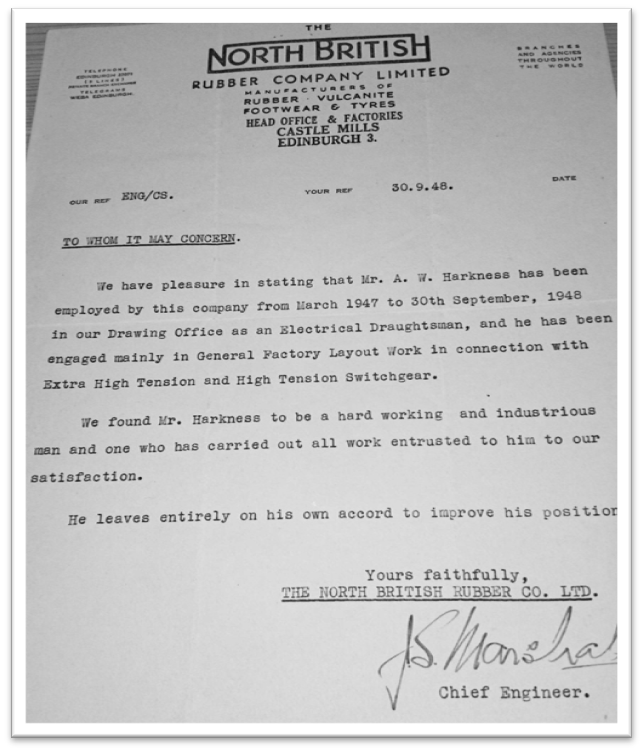On September 3, 1939, in a radio broadcast to the nation, Prime Minister Neville Chamberlain gave the declaration of war against Germany. This was broadcasted after their refusal to withdraw its troops from Poland after Germany’s September 1 invasion had pushed Great Britain to war.
“Peace in our times”
In September 30, 1938, one year before the declaration of war, Chamberlain returned triumphantly from a meeting with Herr Hitler. They declared that they had signed the “Munich Agreement”. This agreement states that the two countries would never go to war against each other again.5
In the video above, you can see the video of Neville Chamberlain arriving in Britain with the signed peace agreement.
Chamberlain probably knew that his words would come to haunt him, if his appeasement policy merely postponed the war. Such a sorry figure provides material for satirists, such as John Cleese. See the video below for comedy sketch.
Echoes of the past
As mentioned above, in 1938, German leader Adolf Hitler began demanding that a German-speaking portion of Czechoslovakia called the Sudetenland be ceded to Germany. He claimed that Czechoslovakia was a “fraudulent state”. He also falsely asserted persecution of German-speaking people living in that region.
In the infamous Munich Agreement, representatives from Germany, Italy, France, and the U.K. ceded the Sudetenland to Germany. The Germans took possession of the Sudetenland without firing a shot in October 1938. Hitler declared that this was the “last territorial demand” he would have to make in Europe. This, of course, was a lie.
In March 1939, Germany invaded what was left of Czechoslovakia. In September 1939, the blitzkrieg against Poland followed, marking the start of World War II.
If all of this sounds eerily familiar, it should, because it’s still happening now. Read more about the Russian Invasion of Ukraine here.
Sources
5 The following is the wording of a printed statement that Neville Chamberlain waved as he stepped off the plane on 30 September, 1938. This was after the Munich Conference had ended the day before:
“We, the German Führer and Chancellor, and the British Prime Minister, have had a further meeting today; agreed in recognizing that the question of Anglo-German relations is of the first importance for our two countries and for Europe; regard the agreement signed last night and the Anglo-German Naval Agreement as symbolic of the desire of our two peoples never to go to war with one another again; resolved that the method of consultation shall be the method adopted to deal with any other questions that may concern our two countries; determined to continue our efforts to remove possible sources of difference, and thus to contribute to assure the peace of Europe.” https://eudocs.lib.byu.edu/index.php/Neville_Chamberlain%27s_”Peace_For_Our_Time”_speech



